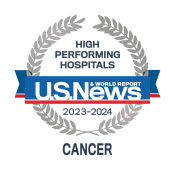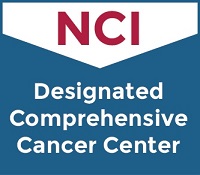Skin Cancer Causes
While there are many contributing factors that can lead to skin cancers — such as basal cell carcinoma and squamous cell carcinoma, or melanoma — unprotected exposure to the sun is the biggest risk factor.
Skin Cancer and Sun Exposure
Sunlight contains ultraviolet (UV) radiation, which can cause cancer. Ozone, a gas in the earth’s atmosphere, filters UV radiation, lowering exposure. Nonmelanoma skin cancers (NMSC) is on the rise, in part, because of the decrease of ozone in the earth’s atmosphere over the past 50 or 100 years.
People who spend a lot of time in the sun increase their chances of developing skin cancer. Also, people who live or spend time at high altitudes or at latitudes close to the equator also have a higher risk of NMSC.
In addition, the UV radiation from tanning beds can increase the risk of all sun cancers.
Skin Cancers and Skin Type
Melanin gives skin its pigment and protects it from UV radiation. People with fair skin have less melanin and are therefore more likely to develop skin cancer. People who are albino (born without any melanin) are at high risk for skin cancer.
However, people of all races and skin types can develop melanoma and nonmelanoma cancers. People whose skin has many moles or atypical moles have a slightly greater chance.
Heredity and Genetics
People with a family history of skin cancer are generally at higher risk of developing skin cancer themselves. Those of northern European ancestry appear to be particularly susceptible.
Gender
Skin cancers are three times more common in men. This may be because men are more likely to choose outdoor work that gives them greater sun exposure or because they are less likely to use sun protection. However, there is also some evidence that men's skin is more susceptible to UV damage.
Immunosuppression
Patients whose immune systems are suppressed by illness or medication are more likely to develop skin cancer. These cancers, especially squamous cell carcinoma, are seen with increased frequency in patients who have received an organ transplant, particularly a heart or lung transplant. Often, skin cancers are more aggressive in patients who are immunosuppressed.
For more information or to make an appointment with one of our specialists, call 667-214-1195.



